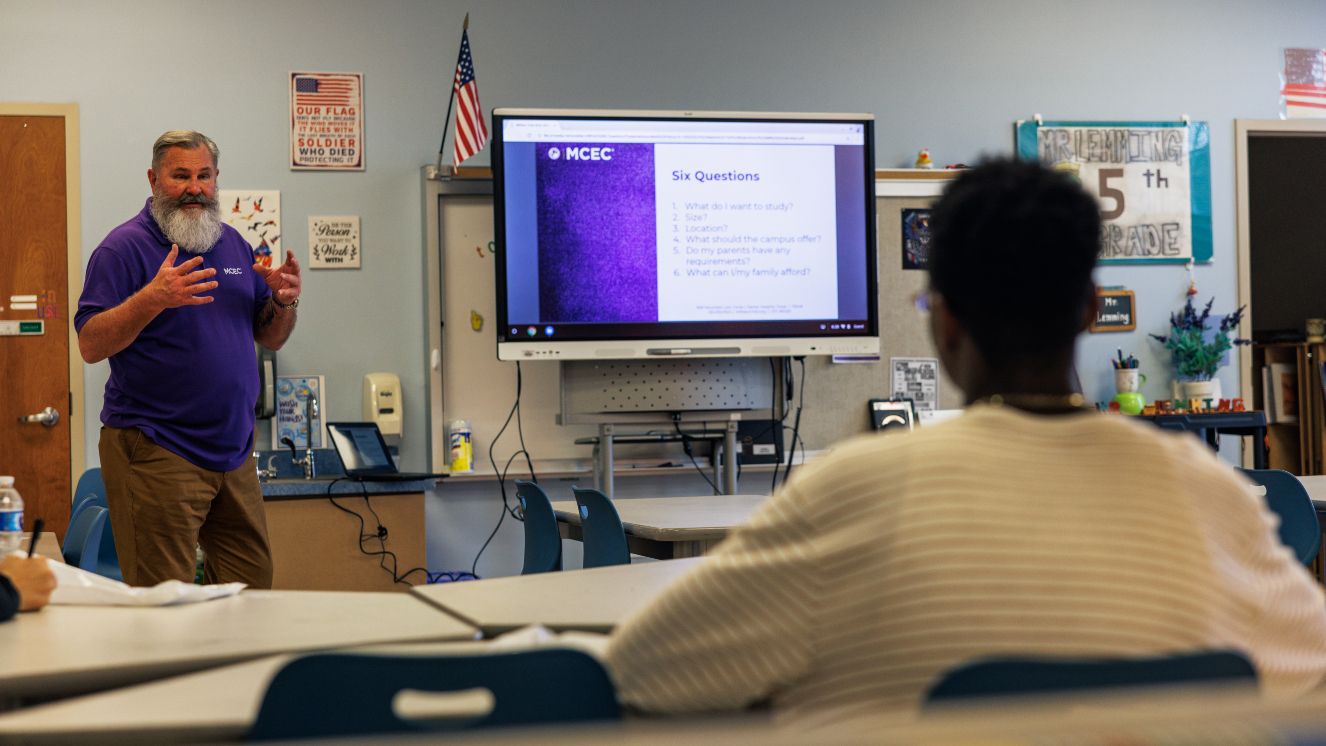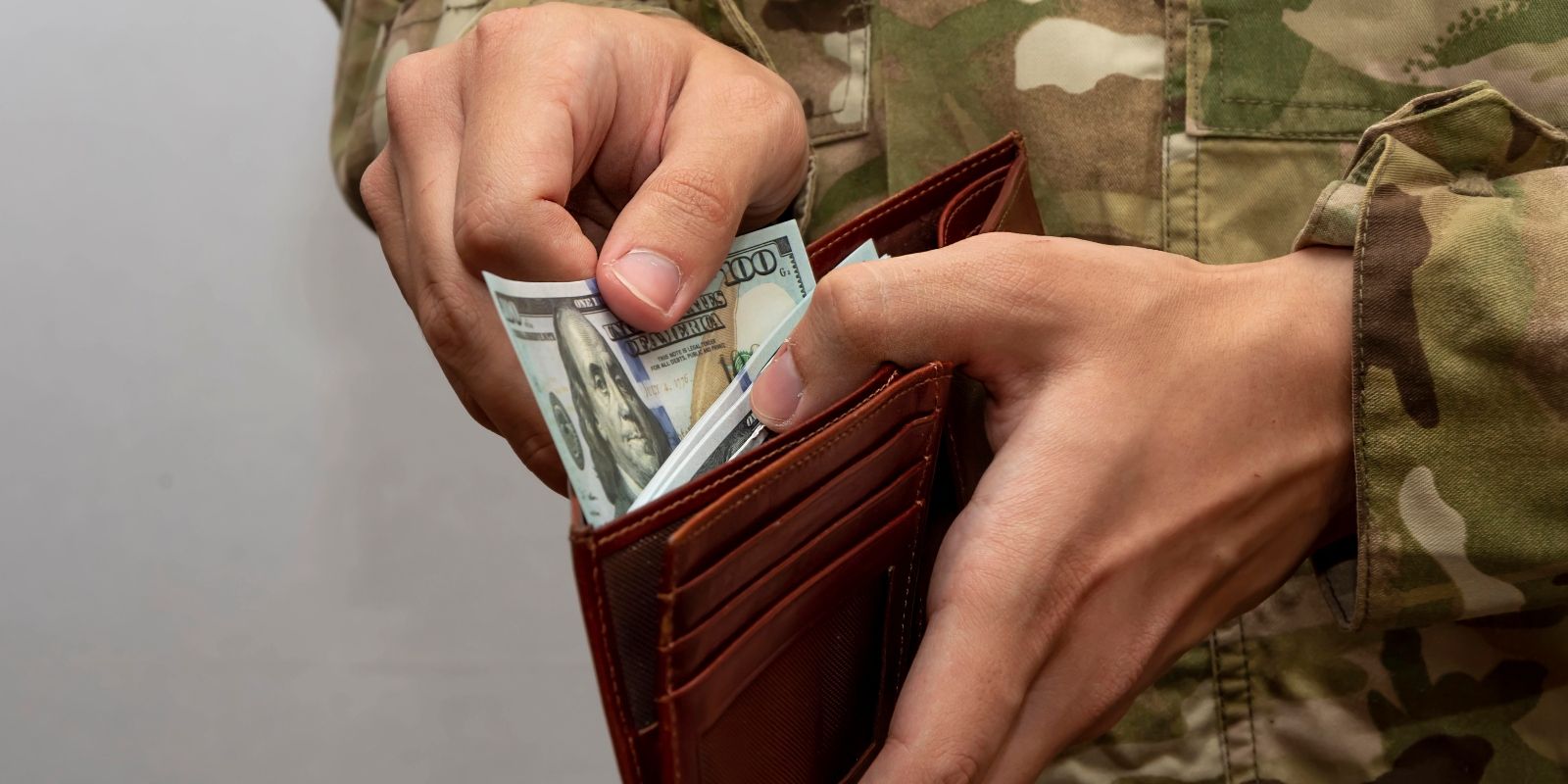MILITARY JARGON: WORDS VETERANS USE BEYOND SERVICE
COMMENT
SHARE

Military jargon or slang comes in different words to recognize and understand their unique communications perspective.
The jargon for the Soldier, airmen, Marines, and Costies effectively builds communication and forms an inclusive camaraderie using the military language. Although this language is a unique form of communication, many American civilians could adapt and use military slang daily, combining daily phrases and military jargon.
Military Jargon: Influence on Civilian Language
It is given that military jargon influences civilians to use their inclusive language due to its uniqueness. It reflects the culture and is frequently straightforward with a hint of dark humor.
The different words and their meanings influence civilians' use of them in their everyday lives. For example, "AWOL" means absent without leave, and "Roger that" means the message has been received and understood. Civilians usually use this to note a specific message or information in their daily lives.
The influence of military jargon is not only its unique words but also the military Soldiers themselves.
Due to their greatness in the military, many people are proud that they fight for the country, leaving a great impression on Soldiers and the entities where their words have been used – DOD even has a specific webpage for a quiz about the military jargon.

Navy Influence: Swearing Like a Sailor
It is very evident for a US civilian to hear and use the phrase "swear like a sailor." A person who is foul-mouthed and uses lousy language every time of the day. It is a very addicting phrase, but it is done due to emotional control in daily life.
Swearing like a sailor includes the process of using curse words to express the person's emotions. Even when you're not really upset about it, swear words become additional adjectives emphasizing the words coming from your mouth.
Historically, the "swear like a sailor" phrase was explained by Historian Paul Gilje in his book To Swear like a Sailor: Maritime Culture in America 1750-1850; due to the harsh environment of the lives of the Marine Sailors, they quickly adapted and reflects and uses the swearing-in their lifestyle in the 18th-19th century.
Common Military Abbreviations in Civilian Use
Civilians could use such an abbreviation with an easy-to-understand meaning in their daily lives that is short and simple but carries an important message. Such as "ASAP," "ETA," and "FUBAR."
As soon as possible (ASAP) originated in the US Army in 1955. Civilians used it to adapt to the military vocabulary, and nowadays, it is used to convey a message and express urgency in an informal event.
Estimated Time of Arrival (ETA) was commonly used in many other regions and is widely considered standard military jargon. It means expressing the time of arrival of a person or a military soldier. Civilians were widely used in the expression in the field of time.
Fouled Up Beyond All Recognition (FUBAR) is a very relevant term and was widely used in the US armed forces. This means that the situation or event is messed up and chaotic.
Although these are the most used abbreviations of military jargon examples, civilians still use many military abbreviations, such as the phonetic alphabet in tourism and hospitality management, MRE, and AWOL.

Military Jargon That Just Won't Fade
Below are some additional abbreviations and military jargon that ex-military have reported still using in civilian life:
- Roger/roger that
- Say again?
- Gear adrift
- What's the POD?
- Pound sand
- FUBAR
- Hurry up and wait
- Wasting daylight
- Moving like pond scum
- Frog-Hops
- Kudos
- Old salt
- Make a hole
- Wall to wall counseling
- At ease
Military Jargon: Impact on Civilian Communication
According to Martin and Wood, civilians' adaptation to military language can negatively impact their understanding of the severity of military actions' consequences. When a person uses such military jargon for communication, its effectiveness might depend on the person perceiving the message.
An euphemism such as "friendly fire" is accidentally done when a military is attacked by its personnel, where civilian communication might be lacking in understanding and complexity with the use of wordings.
As civilians, we view "friendly fire" as a reasonable manner of communication, which can result in a negative outcome that can hurt others based on false information.
Military jargon benefits civilians' overall communication by making their wordings effective, simpler, and easier, but it may also have a negative impact due to the complexity and uniqueness of the usage of wordings.
Read next:
- Hilarious and Common Military Acronyms & Their Meaning
- Military Brat Meaning: Embracing Its Origin
- When Marines Scream "Oorah" They're Actually Imitating This Sound
Sources:
Join the Conversation
BY ALLISON KIRSCHBAUM
Veteran, Military History & Culture Writer at VeteranLife
Navy Veteran
Allison Kirschbaum is a Navy Veteran and an experienced historian. She has seven years of experience creating compelling digital content across diverse industries, including Military, Defense, History, SaaS, MarTech, FinTech, financial services, insurance, and manufacturing. She brings this expertis...
Credentials
Expertise
Allison Kirschbaum is a Navy Veteran and an experienced historian. She has seven years of experience creating compelling digital content across diverse industries, including Military, Defense, History, SaaS, MarTech, FinTech, financial services, insurance, and manufacturing. She brings this expertis...



